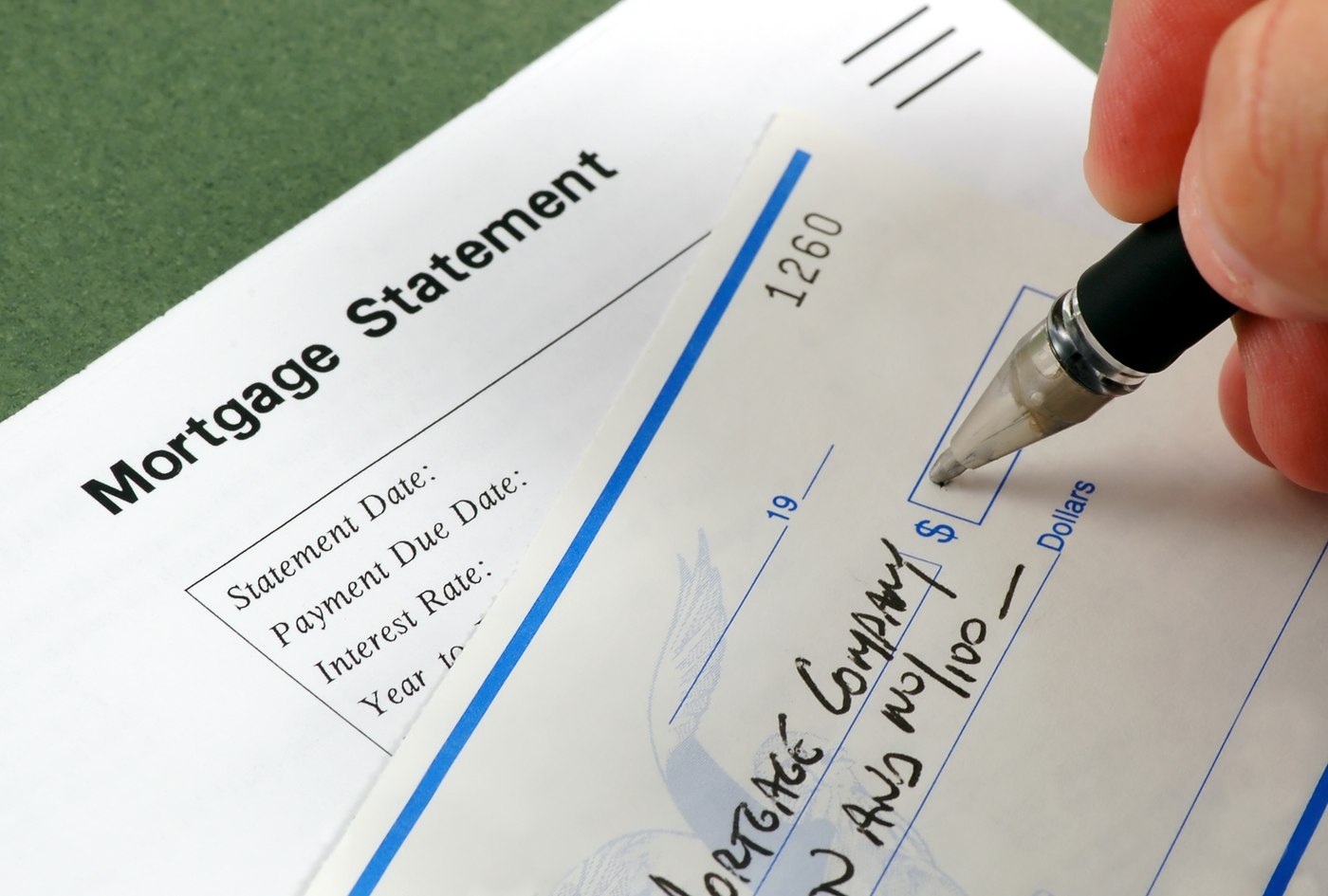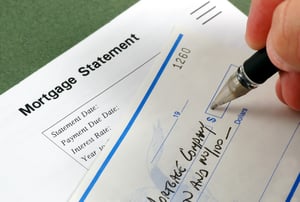Does Paying Off Your Mortgage Before Retirement Make Sense?
May 16th, 2018 | 3 min. read

 For decades now, owning a home has been considered a financial rite of passage in America. The hope is you buy a home early in your career and by the time you retire, you’ll pay off your mortgage and find yourself living in one of your most important nest eggs.
For decades now, owning a home has been considered a financial rite of passage in America. The hope is you buy a home early in your career and by the time you retire, you’ll pay off your mortgage and find yourself living in one of your most important nest eggs.
For many though, the reality is different. Along the way, life happens. You move to a bigger home. You refinance. You borrow against the home to remodel, and so on. Next thing you know, that mortgage is following you into retirement.
According to a Federal Reserve consumer survey, about 42% of homeowners ages 65 to 74 carry home-secured debt.
Certainly, not having debt is better than having debt. But, when you’re near retirement and face a bevy of competing goals, how important is it to pay off your mortgage?
The answer depends on your unique financial situation. Here are some examples of when it may make sense to pay off your mortgage before retirement and when it may not.
When it may make sense to pay off your mortgage
- You have enough available cash. If you’re fortunate to have a lot of cash located in a low interest savings account or money market fund, you’re likely better off using that money to eliminate your higher interest rate mortgage. Doing so also gets rid of what would be one of your highest monthly retirement expenses.
- You plan to use your home as a retirement asset. As one of your most valuable assets, your home can be used in a variety of ways to meet your financial goals in retirement. You can downsize and potentially receive a generous financial windfall from the profit. Remember, if you owned and lived in the place for two of the five years before the sale, then up to $250,000 of profit is tax-free ($500,000 for couples). Further, you can leave it to your kids as part of your estate plan.
- You were impacted by recent tax changes. The 2018 Tax Cuts and Jobs Act increased the standard deduction and lowered the limit on mortgage interest deductions. Therefore, more people will stop itemizing deductions and receive little if any real estate tax savings. The prospect of your home being more expensive to own may be enough to encourage you to pay off your balance sooner rather than later.
- You want to use it as an emergency fund. There are several ways to tap your home for income in case of emergency, such as a home equity loan or reverse mortgage. Just be careful you fully understand the risks involved.
- You want total financial independence. If you sleep better at night debt free, then pay off your mortgage. Though you will still have expenses, from utilities to real estate taxes, owning your home outright will free up money to grow your wealth rather than subtract from it.
When it may make sense to keep your mortgage
- You would severely deplete your savings. If paying off your mortgage means not having enough money to cover your financial need or achieve your goals, then don’t do it. A mortgage isn’t as bad as carrying high-interest debt, such as credit cards.
- It means selling investments. You may want to think twice about using money from an IRA or 401(k) to pay off your mortgage. For one, you would miss out on any growth and income that invested money provides. Second, it could result in a huge tax hit because of large unrealized capital gains and any personal income taxes imposed on withdrawals from your retirement accounts.
- You have higher interest rate debt. One reason mortgages are considered good debt is because they come with lower interest rates when compared to things like credit cards. If you have any other higher interest rate loans, pay them first.
- You haven’t met your savings goals. Retirement should come first. Therefore, if you’re still working, concentrate on maximizing your contributions to your 401(k) or other retirement account. Also, make sure you have a fully funded emergency fund to help cover any unexpected expenses.
The best way to determine what option is right for you is to consult a financial plan. It will help you answer questions like: Can I afford to pay off my mortgage? When should I pay it off? Do I need to rely on my home as a source of income? With a comprehensive view of your financial picture, you’ll know specifically if and/or when paying off the mortgage makes the most sense for you.
